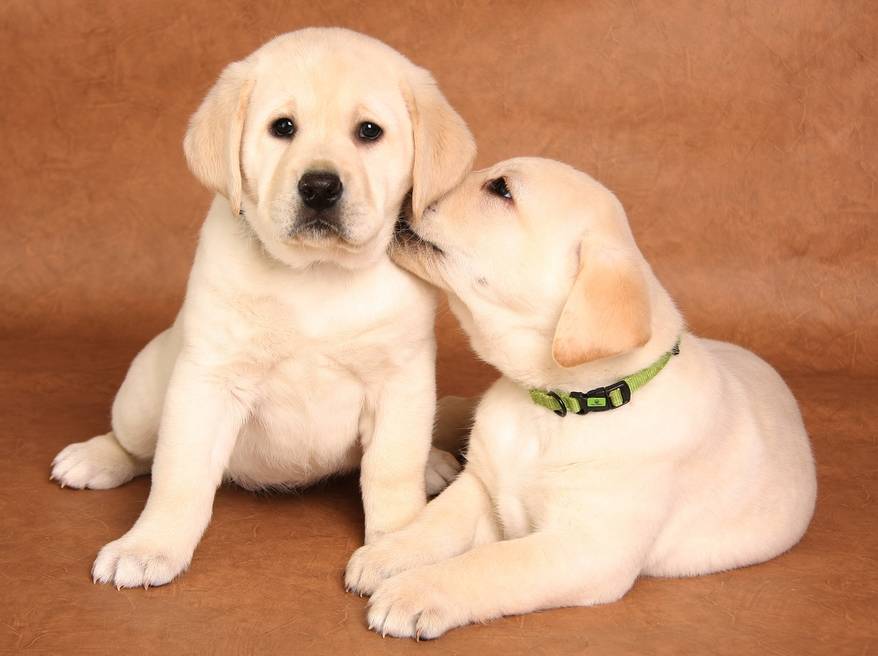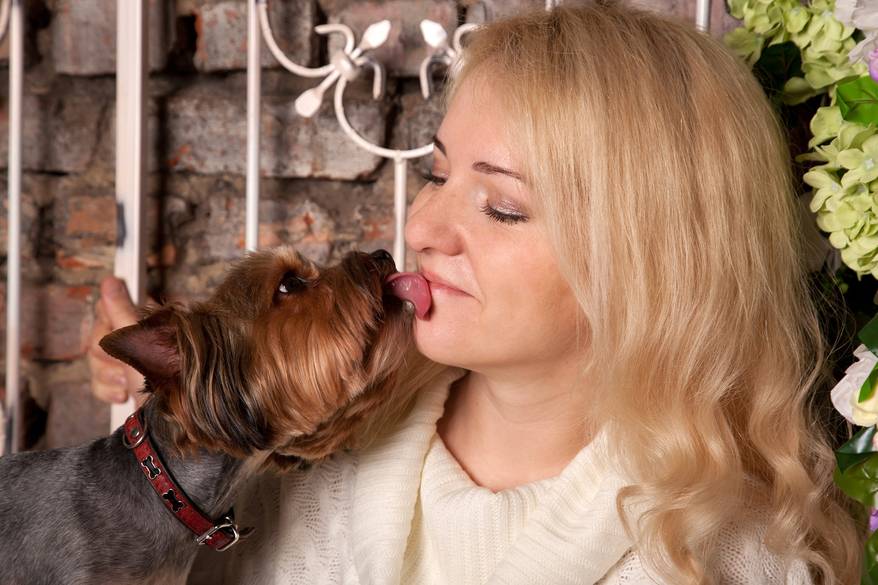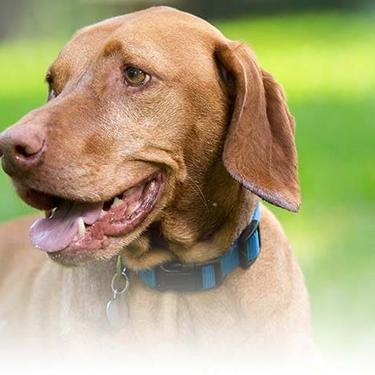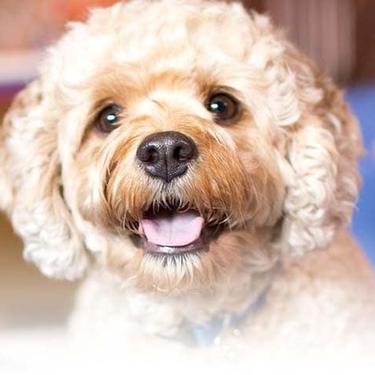
-
Find the right food for your pet
Take this quiz to see which food may be the best for your furry friend.
Find the right food for your pet
Take this quiz to see which food may be the best for your furry friend.
Featured products
 Small & Mini Savory Stew with Chicken & Vegetables Dog Food
Small & Mini Savory Stew with Chicken & Vegetables Dog FoodA delicious complement to the nutrition of Science Diet Small & Mini 7+ dog food
Shop Now Adult 7+ Perfect Digestion Chicken, Whole Oats & Brown Rice Recipe Dog Food
Adult 7+ Perfect Digestion Chicken, Whole Oats & Brown Rice Recipe Dog FoodScience Diet's breakthrough nutrition supports ultimate digestive well-being & healthy microbiome for dogs age 7+
Shop Now Adult Healthy Cuisine Roasted Chicken, Carrots & Spinach Stew Dog Food
Adult Healthy Cuisine Roasted Chicken, Carrots & Spinach Stew Dog FoodDelicious roasted chicken paired with tender vegetables in a succulent stew
Shop NowFeatured products
 Adult Savory Entrée Can Variety Pack Cat Food
Adult Savory Entrée Can Variety Pack Cat FoodPrecisely balanced nutrition with the delicious taste of savory minced chicken to help fuel the energy needs of cats during the prime of their life
Shop Now Adult 7+ Senior Vitality Chicken & Vegetable Stew Cat Food
Adult 7+ Senior Vitality Chicken & Vegetable Stew Cat FoodImproves Everyday Ability to Get Up & Go
Shop Now Adult 7+ Tender Tuna Dinner Cat Food
Adult 7+ Tender Tuna Dinner Cat FoodWith delicious chunks in a decadent gravy
Shop Now -
Dog
- Dog Tips & Articles
-
Health Category
- Weight
- Food & Environmental Sensitivities
- Urinary
- Digestive
- Joint
- Kidney
-
Life Stage
- Puppy Nutrition
- Adult Nutrition
- Senior Nutrition
Cat
- Cat Tips & Articles
-
Health Category
- Weight
- Skin & Food Sensitivities
- Urinary
- Digestive
- Kidney
-
Life Stage
- Kitten Nutrition
- Adult Nutrition
Featured articles
 Does My Pet Hate Me?
Does My Pet Hate Me?Learn tips for bonding with your pet if you've ever thought, 'My dog doesn't like me, or 'Why do I have a standoffish cat?'
Read More Do Dogs and Cats have Belly Buttons?
Do Dogs and Cats have Belly Buttons?Learn whether cats & dogs have belly buttons like humans, what the function is, and if there are any health concerns associated with it.
Read More Why Are Dogs and Cats So Cute?
Why Are Dogs and Cats So Cute?If waggy puppy dog tails and furry kitten yawns make you swoon, you're not alone. Why are cats so cute? And, dogs too! Let's find out!
Read More -


Big, wet sloppy dog kisses are one of the best things about owning a dog — at least, according to some people. For others, their reaction to dog licking is more of a shriek of disgust. Whether you enjoy playing kissy-face with your dog or not, it's best to understand if you should be allowing these dog kisses or not.
Why Dogs Lick

Licking is a behavior that dogs learn from birth, says Animal Planet. As soon as puppies are born, their mother licks them in order to clean them and stimulate breathing, and the pups learn to lick their mother in return. This licking instinct never goes away. The process of licking releases endorphins that provide a sense of pleasure and help to relieve stress, which is why some dogs resort to obsessive licking behaviors when they get anxious. In dog packs, licking also serves as a sign of submission to more dominant members of the pack. When it comes to dogs licking humans, however, it's generally a sign of affection, although sometimes your dog might lick you simply because you taste good.
Is Dog Licking Safe?
While it was once believed that dogs' mouths were cleaner than those of humans and that dog saliva had healing properties, this myth has been thoroughly debunked. Considering that dogs are prone to nibbling on poop and licking their own unmentionables, it probably comes as no surprise that in reality, a dog's mouth is a pool of germs. However, while dog saliva can carry such dangerous bacteria as Salmonella and E. coli, as well as parasites like Giardia and Cryptosporidium, these illnesses generally aren't carried in quantities large enough to pose a danger to most humans, and there is very little evidence that doggie kisses are a means of transmission.
When Dog Kisses Aren't Safe

Despite the low risk of the average person contracting an illness from dog licking, there are some people for whom the risk is too high to take a chance. Under no circumstances should your dog be allowed to lick anyone who falls into any of these categories, says Vetstreet:
- Babies
- Pregnant women
- The elderly
- Anyone with pimples or open sores or scratches on their face
- Anyone with a compromised immune system, including someone undergoing chemotherapy, AIDS patients, diabetics, and anyone recovering from an illness
Lowering the Risk
You can lower the risk of contracting illnesses from dog kisses by simply being a responsible pet parent. Regular health checks that include fecal examinations, deworming and treatments to control fleas, ticks and other parasites can go a long way toward reducing the chances that your dog can pass an infection on to you. Properly disposing of your dog's deposits and thoroughly washing your hands afterward can also reduce the risk of spreading disease. Additionally, it's important that your pup's food should be cooked thoroughly — never give him anything raw that might be a source of bacterial infection, such as raw meat or a pig's ear to chew on. Choose a dog food that is balanced and formulated for your dog's health first and foremost. You should also brush your dog's teeth regularly to maintain his oral health, and kill bacteria that might be looming in his mouth.


Tasty Tips
Putting a Stop to Dog Licking
While it might be safe to allow your pooch to lick you on the face and mouth, if you'd prefer not to take the chance, the best thing to do is nip the behavior in the bud by teaching your dog not to lick your face. Pet trainer Victoria Stillwell, speaking to Animal Planet, suggests that the best way to do so is to get up and walk away from your dog when he starts to lick, ignoring the behavior completely. Doing so will deprive your dog of any reward he receives from licking, and eventually he'll stop trying altogether.
If you love swapping kisses with your dog, it's probably safe to keep doing so, as long as your immune system is up to par. But if the thought of your dog licking you on the mouth sends you running for the antibacterial soap, there exists enough of a risk to justify your aversion. Ultimately, allowing your dog to lick your face comes down to the state of your health and your level of risk tolerance. Either way, there are plenty of other ways to share affection with your dog, so don't feel bad if licking isn't one of them.


Jean Marie Bauhaus is a pet parent, pet blogger, and novelist from Tulsa, Oklahoma, where she usually writes under the supervision of a lapful of fur babies.
Related products

Science Diet's breakthrough nutrition supports ultimate digestive well-being & healthy microbiome for dogs age 7+

A delicious complement to the nutrition of Science Diet Small & Mini 7+ dog food

Delicious braised beef paired with tender vegetables in a succulent stew

Delicious roasted chicken paired with tender vegetables in a succulent stew
Related articles

Hill's Science Diet Small & Toy Breed dog foods are designed to meet the nutritional needs for your small dog at every life stage. Learn more here.

Large and giant breed puppies have different nutritional needs than other dogs. Learn how to provide the special care they need to grow up big and strong.

Learn about choosing the right food for your mature or older dog, ensuring he receives the correct balance of nutrition.

Your dog's coat and skin are a big part of your dog's overall health. Ensure you keep your dog's coat healthy, by following these simple tips.

Put your dog on a diet without them knowing
Our low calorie formula helps you control your dog's weight. It's packed with high-quality protein for building lean muscles, and made with purposeful ingredients for a flavorful, nutritious meal. Clinically proven antioxidants, Vitamin C+E, help promote a healthy immune system.
Put your dog on a diet without them knowing
Our low calorie formula helps you control your dog's weight. It's packed with high-quality protein for building lean muscles, and made with purposeful ingredients for a flavorful, nutritious meal. Clinically proven antioxidants, Vitamin C+E, help promote a healthy immune system.

